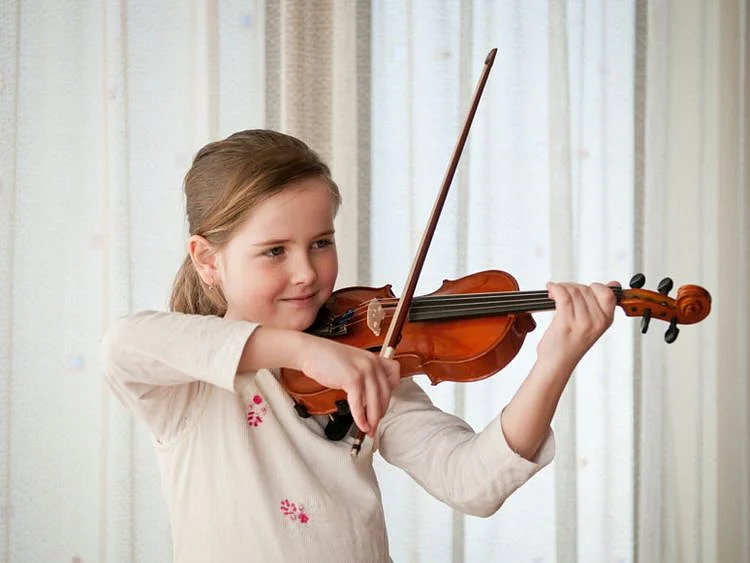Does practice really make you perfect?
Many factors, whether genetic or environmental, are always at play

“Practice makes perfect,” said our parents and our teachers and everyone else who tried to get us to learn anything when we were young. In time, having practised, mostly half-heartedly, and failed miserably at learning to play the piano or get through those classical dance moves or even play a half decent game of volleyball, we gave up and explained away our lack of interest as lack of talent / flair / and whatever else we could think of in the moment.
However, decades down the line, when it came to our children, we once again spouted the adage of practice makes perfect, urging them to apply themselves to acquiring skills we thought they needed.
Practice, we said, was the most effective — nay, the sole means — to become adept at solving those foxing maths equations or hurtling over those hurdles or most anything else we thought our children should achieve in their lives!
As if to prove to them that we were in the fray with them, we tried to set an example with our everyday work life. Thus we applied ourselves diligently to the most tedious or the most exalting tasks and sure enough, we could soon add up a whole page of numbers in record time or slice, dice and chop our way through a mountain of vegetables and meat in the space of time most others would take to handle a mere fraction of the same.
We even improved on our art and letters with practice and could somehow conjure up a story within the tightest deadline where once we would beg for extensions of time. True, we were never going to be a blazing star like Jerry Siegel or Bob Kane but we were doing our little mite and getting better at it, weren’t we?
New findings
But now, just as we are about to get a trifle complacent about getting better at what we do; just as we are ready to spout personal experience to convince our offspring that they can climb any mountain they choose to if they work at it, if they practice, if they persist, here comes the bombshell!
Latest studies say that practice does not make all that much difference! Apparently, there is a lot more to it than mere practice, despite the quote (attributed to Edison) that genius is one per cent inspiration and ninety-nine per cent perspiration.
So, if you thought you were going to take up the violin at this late stage of your life and practice for some ten thousand hours and then hold a recital at Carnegie Hall, you may wind up pretty disappointed — not to mention completely exhausted!
All those other factors, whether genetic or environmental, are also at play — but where does that leave us?
Those who like the easy way out — and of course, I am included in those numbers — would probably sit back and refuse to try because we do not have the “innate talent” or were passed over when it came to handing out “a gift” with the paint brush or the willow bat or whatever.
But there will be many who do not take that as the official last word on the value of practice. They will instead knuckle down, ignore detractors and continue to work at it and hope for the best.
For who knows, sometime soon another compelling study or result of further research may once again show that there is no substitute for hard work and sheer stick-to-it-ive-ness.
Till then, I guess the basic dilemma we had when we were kids remains. How much do we practice before we either get good at what we do or we give up and try something else?
— Cheryl Rao is a journalist based in India.
Network Links
GN StoreDownload our app
© Al Nisr Publishing LLC 2026. All rights reserved.